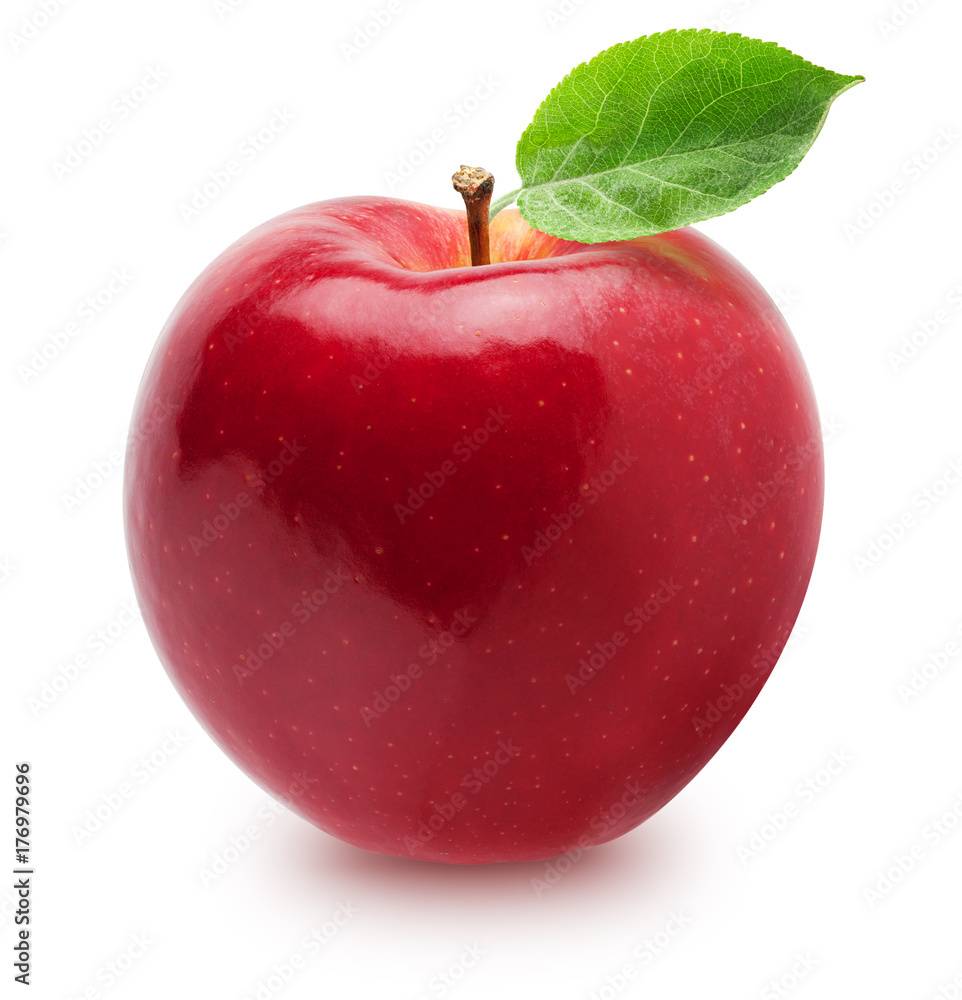The Apple: A Symbol of Abundant Nature and Cultural Significance
Apples, scientifically referred to as Malus domestica, stand as one of the most recognizable and cherished fruits globally. These crunchy, sweet, and occasionally tangy fruits not only represent the bounty of nature but also occupy a unique role in human culture, history, and culinary traditions. In this composition, we will investigate the origins, cultural importance, nutritional value, environmental implications, and culinary adaptability of apples, highlighting their multifaceted presence in our lives.
The history of apples commences in Central Asia, where their wild precursor, Malus sieversii, still thrives. Humans have been cultivating apples for thousands of years, with historical records of their consumption tracing back to ancient civilizations in places like Mesopotamia and Egypt. Over time, apples traversed Asia, Europe, and eventually the Americas through trade, exploration, and migration.
Culturally, apples have held symbolic significance in diverse societies and historical epochs. In Greek mythology, they were linked to the goddess Aphrodite and symbolized love and desire. The famous "golden apple" from the Judgment of Paris played a pivotal role in the Trojan War. Apples also found mention in biblical narratives, with the fruit of the Tree of Knowledge in the Garden of Eden often portrayed as an apple, leading to associations with sin and temptation.
In the folklore of numerous cultures, apples symbolize wisdom, knowledge, and rejuvenation. The act of gifting an apple to a teacher remains a tradition in many countries, reflecting the fruit's historical connection with learning and education. In Norse mythology, apples were believed to grant eternal youth to the gods, signifying immortality.
In American history, apples played a central role, particularly during westward expansion. Early settlers planted apple orchards to provide a dependable source of sustenance in the form of apple pies, applesauce, and cider. Johnny Appleseed, a legendary figure in American folklore, is credited with disseminating apple seeds across the frontier, contributing to the widespread cultivation of apple trees in the United States.
From a nutritional perspective, apples are a wholesome and nutritious fruit. They are low in calories and high in dietary fiber, particularly pectin, which aids digestion and helps regulate blood sugar levels. Apples also provide essential vitamins and minerals, including vitamin C, vitamin A, potassium, and various B vitamins. Additionally, apples contain an array of phytonutrients and antioxidants like quercetin and catechins, associated with numerous health benefits, including a reduced risk of chronic diseases.
Apples have been linked to improved heart health, as their consumption is associated with lower levels of LDL (bad) cholesterol and a reduced risk of heart disease. The dietary fiber in apples supports healthy digestion and may aid in weight management by promoting a feeling of fullness. Furthermore, the antioxidant compounds in apples have been studied for their potential to protect cells against oxidative damage and lower the risk of certain cancers.
Apples also have a positive environmental impact, as they are relatively eco-friendly to cultivate compared to some other crops. Apple trees are known for their longevity, with some trees continuing to bear fruit for decades. Sustainable practices in apple orchards, such as integrated pest management and organic farming, help minimize the environmental footprint of apple production. Moreover, apple trees serve as habitats and food sources for wildlife, including pollinators such as bees and butterflies.
Culinary versatility is another hallmark of apples. These fruits can be enjoyed in numerous ways, from eating them fresh to using them in baking, cooking, and juicing. Apples play a key role in a wide array of dishes, from classic apple pie and apple crisp to applesauce, apple butter, and cider. In savory dishes, apples can be added to salads, chutneys, and sauces, contributing a unique blend of sweetness and acidity.
Apples' inherent sweetness and moisture content make them a popular choice for baking. They are used in various desserts, including cakes, muffins, tarts, and cobblers. Apples also pair exceptionally well with spices like cinnamon and nutmeg, creating the quintessential autumn flavor in dishes such as apple cider donuts and spiced apple cider.
Apple cider and apple juice are common beverages produced from pressed apples. Apple cider can be enjoyed in its fresh, unfiltered form or pasteurized, while apple juice is typically filtered and pasteurized for extended shelf life. Hard cider, an alcoholic beverage, is crafted from fermented apple juice and has seen a resurgence in popularity in recent years.
In contemporary times, apples have also become synonymous with technology through the Apple Inc. brand, established by Steve Jobs, Steve Wozniak, and Ronald Wayne. The iconic apple logo, featuring a stylized apple with a bite taken out of it, has become a symbol of innovation, design, and technological advancement, reflecting the profound influence of apples on our everyday lives.
In conclusion, apples, with their rich history, cultural symbolism, nutritional value, environmental benefits, and culinary flexibility, stand as an extraordinary and cherished fruit that transcends eras and regions. They continue to be adored for their crisp, sweet flesh, utilized in an array of culinary creations, and hold a unique place in our collective consciousness. Whether savored fresh, baked into pies, or savored as cider, apples symbolize nature's abundance and serve as a testament to the enduring popularity of this beloved fruit.
Send a message


